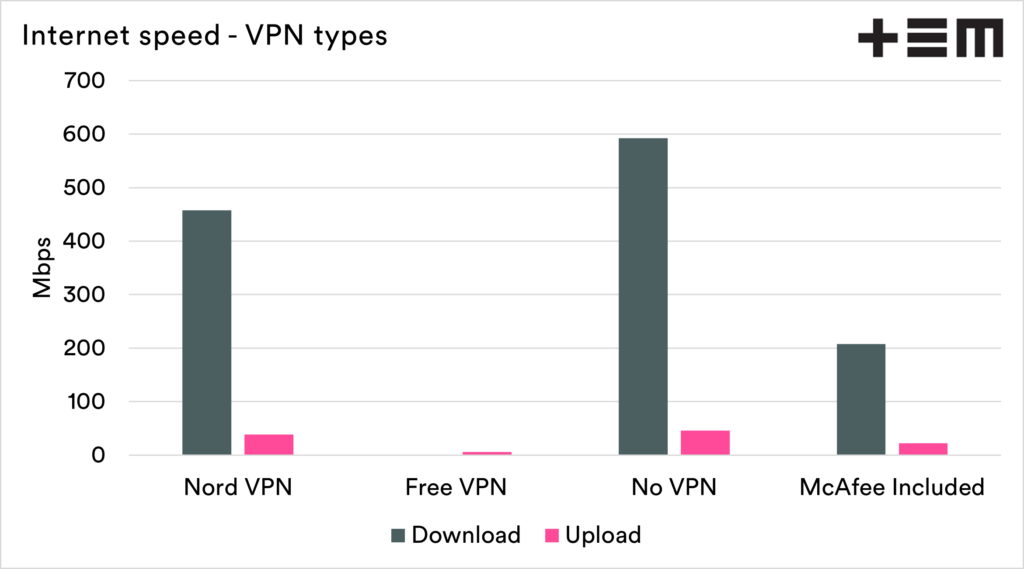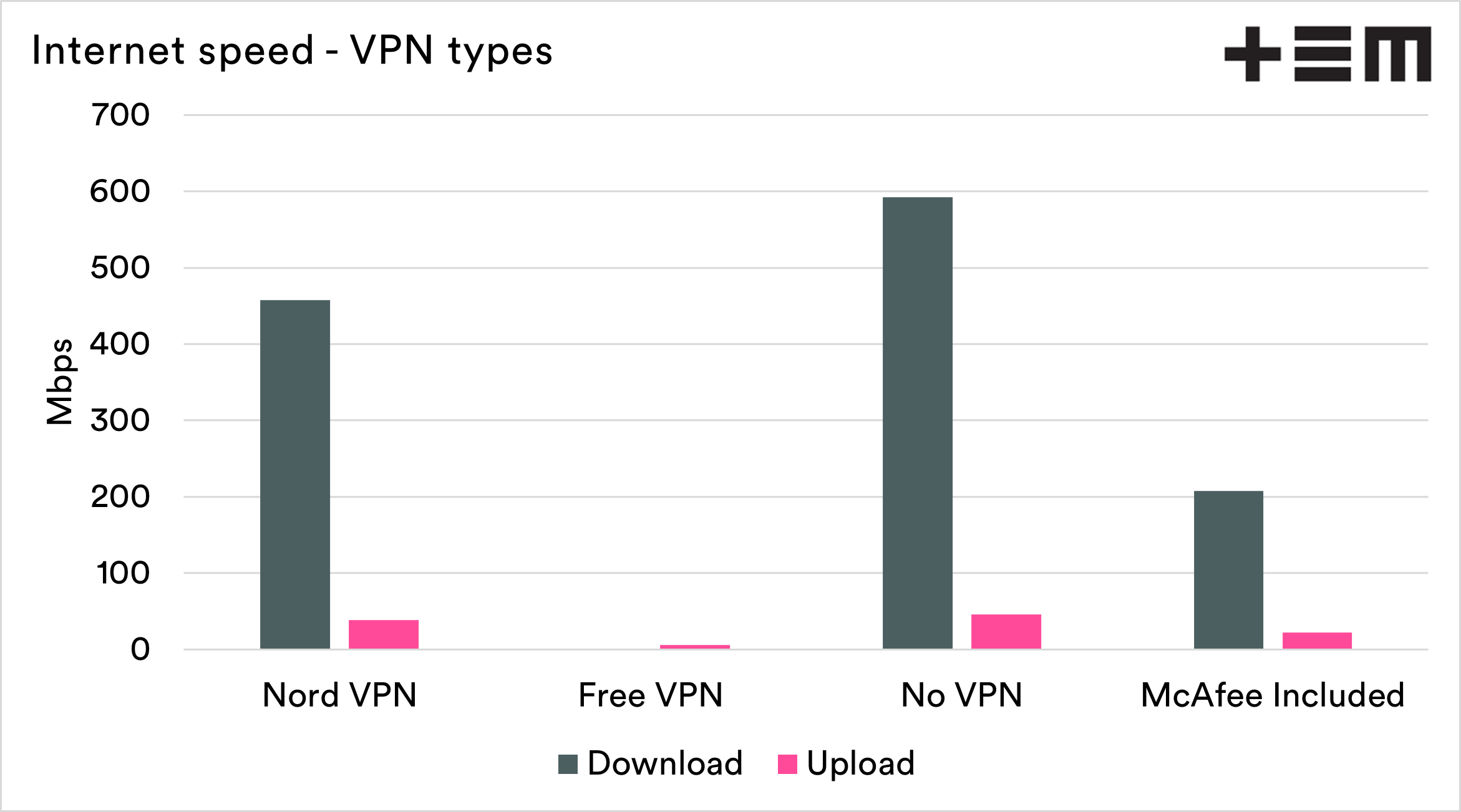Protect yo self before you wreck yo self.

Tips to protect yourself online
Whilst we are now used to wearing masks around town, we need to also think about protecting our online health.
As farmers, we are becoming ever reliant on IT. Protecting yourself online has become an increasingly important but often forgotten task.
It was only in recent weeks that meat giant JBS was hit with a ransomware attack. This attack closed down their ability to operate and required a payment of A$14.2m to the perpetrators to get back online.
There have also been further data breaches of personal data in the Australian ag space, which were discovered in recent days. I was, unfortunately, one of the victims and had my personal details leaked, along with >7000 others in the Australian ag space.
It’s impossible to be 100% secure online. Still, there are a number of ways we can improve our protection online. Therefore, I thought it was an opportune time to outline some practical solutions for the average farm/small business.

Anti-virus
Windows computers now come preinstalled with ‘windows defender’; however, I recommend installing third-party protection software.
There are several software solutions out there that fit the bill, with a range of pricing levels. The McAfee total protection (see here) is what I use in my home computers for our family.
This software provides anti-virus protection but also a firewall to protect against unwanted intrusion. As with most software packages these days, this is on an annual subscription and at its most expensive is $159.99
When downloading files, I recommend always given them a scan – and it only generally takes around 5 seconds to do.
VPN
Access to a VPN (Virtual Private Network) used to be expensive, complicated and generally only used by corporates with IT depts. However, these days VPN’s have become commonplace and simple to use.
There are free VPN services and paid-for ones. The McAfee software includes a VPN as standard. However, it is advisable to use a standalone VPN provider to get full functionality.
Why and where do I recommend using one? Most importantly, it is when you are travelling and using your laptop on public wifi.
In simple terms, the VPN will reroute your traffic, meaning that it is nigh on impossible for a hacker to pull your data over the wires. However, I would still advocate the careful use of the internet on public wifi.
The reason I would recommend a standalone provider is that using a VPN slows down your connection. I am lucky to have fibre to the house, with a high-speed connection. The chart below shows internet speed tests all taken within a few minutes of each other, using the Nord VPN, a free VPN, McAfee included and no VPN.
My internet is still clearly useable on any of the connections other than the free VPN. The decrease on a slower connection would likely be felt more on a slower connection.
I, therefore, recommend using a VPN provider like Nord VPN or one of their competitors.
The use of VPN and decent anti-virus/firewall protection will cost you less than a couple of hundred dollars per year (and is tax-deductible). However, they will provide you with some form of comfort when conducting your business online.
How do we look after your data?
At EP3, we do not hold all that much data on our clients; the only required piece of information you need to provide when subscribing is your email address. We do not take your credit card details etc.
Your email address is stored using high-level encryption and not stored in files that can be easily breached. Having a live email address leaked can lead to spamming and phishing attacks.
We take our own security, but also the privacy and security of our clients, extremely seriously.


